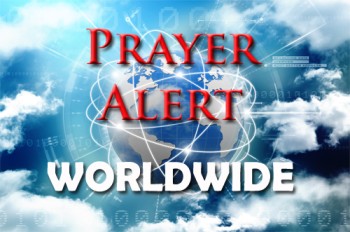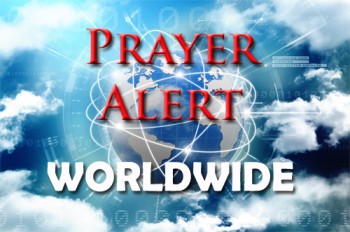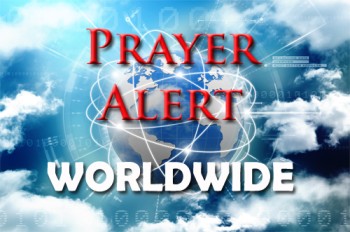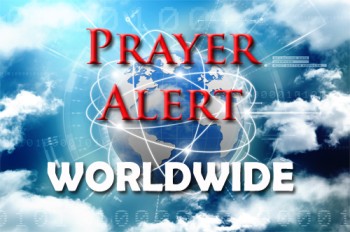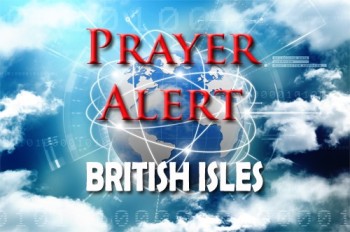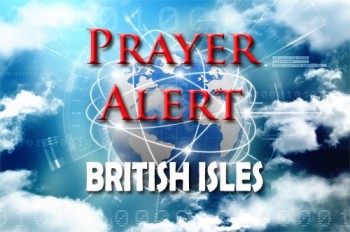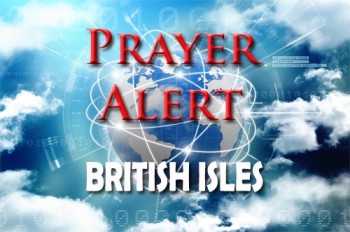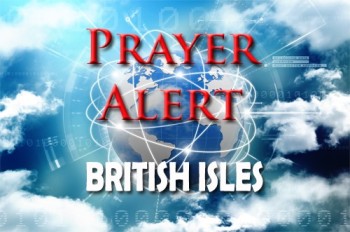Nigeria: fuel shortages causing major problems
Nigeria is grappling with a severe fuel shortage, exacerbating the hardships faced by its citizens (especially those reliant on public transport). Long queues for fuel have emerged in major cities, and prices have surged by over 15%. Authorities attribute the shortage to logistical challenges disrupting supply chains. Despite being a top crude oil producer in Africa, Nigeria frequently experiences petrol shortages due to strikes and supply disruptions. The state oil firm has accused fuel companies of exploiting the situation for profit. While Nigeria recently opened Africa's largest refinery in Lagos, it currently only produces diesel and aviation fuel. With the inflation rate over 30%, the government has just announced a 35% pay increase for civil servants, but the monthly minimum salary rate is still unchanged. See
East Africa: heavy flooding causes many deaths and displacements
Heavy flooding in Kenya, after weeks of intense rain and flash floods, has left at least 103 people missing, with 71 confirmed dead. Most of the missing are from Mai Mahiu, near Nairobi, where on 29 April flooding near a railway bridge, caused by a clogged tunnel, caused at least 45 deaths. The country’s president William Ruto has ordered the military to help search and rescue efforts. Nearly 191,000 Kenyans have been displaced by the floods, which are said to have been exacerbated by the effects of El Niño. The government has established 52 displacement camps to provide temporary shelter, but with more rain forecast the situation may worsen. The floods have affected other countries: a week ago, Tanzania’s president said that 155 people had been killed and 200,000 displaced. See
Afghanistan: gun attack on mosque kills six
On 29 April a gunman attacked a mosque in western Afghanistan, killing six people. The mosque, reportedly belonging to Afghanistan's minority Shia community, was targeted during prayer. Among the victims was a prayer leader. IS has claimed responsibility for the attack, consistent with their history of targeting Shia communities. Despite the Taliban government's pledge to protect religious and ethnic minorities since assuming power in August 2021, little has been done. The deadliest recent attack linked to IS occurred in 2022 in Kabul, resulting in 53 deaths, primarily girls and young women. A UN report in January noted a decrease in IS attacks due to Taliban counter-terrorism efforts, but said that the group still had ‘the ability to project a threat into the region and beyond’ - as shown by the deadly attack in a Moscow nightclub in March, for which IS has claimed responsibility.
Ecuador: president declares state of emergency
On 30 April Ecuadorean president Daniel Noboa decreed a state of emergency in five coastal provinces, lasting sixty days, because of ‘internal armed conflict’. The measure marks the second such declaration by Noboa, who took office in November with promises to turn around a deteriorating security situation which has led to a spike in violent deaths and other crimes. The police and armed forces will be deployed in the provinces for ‘tactical combat operations’ against organised armed groups’. The government blames the violence (including the dramatic invasion of a television station and mass hostage-taking of prison guards in January) on drug-trafficking gangs.

